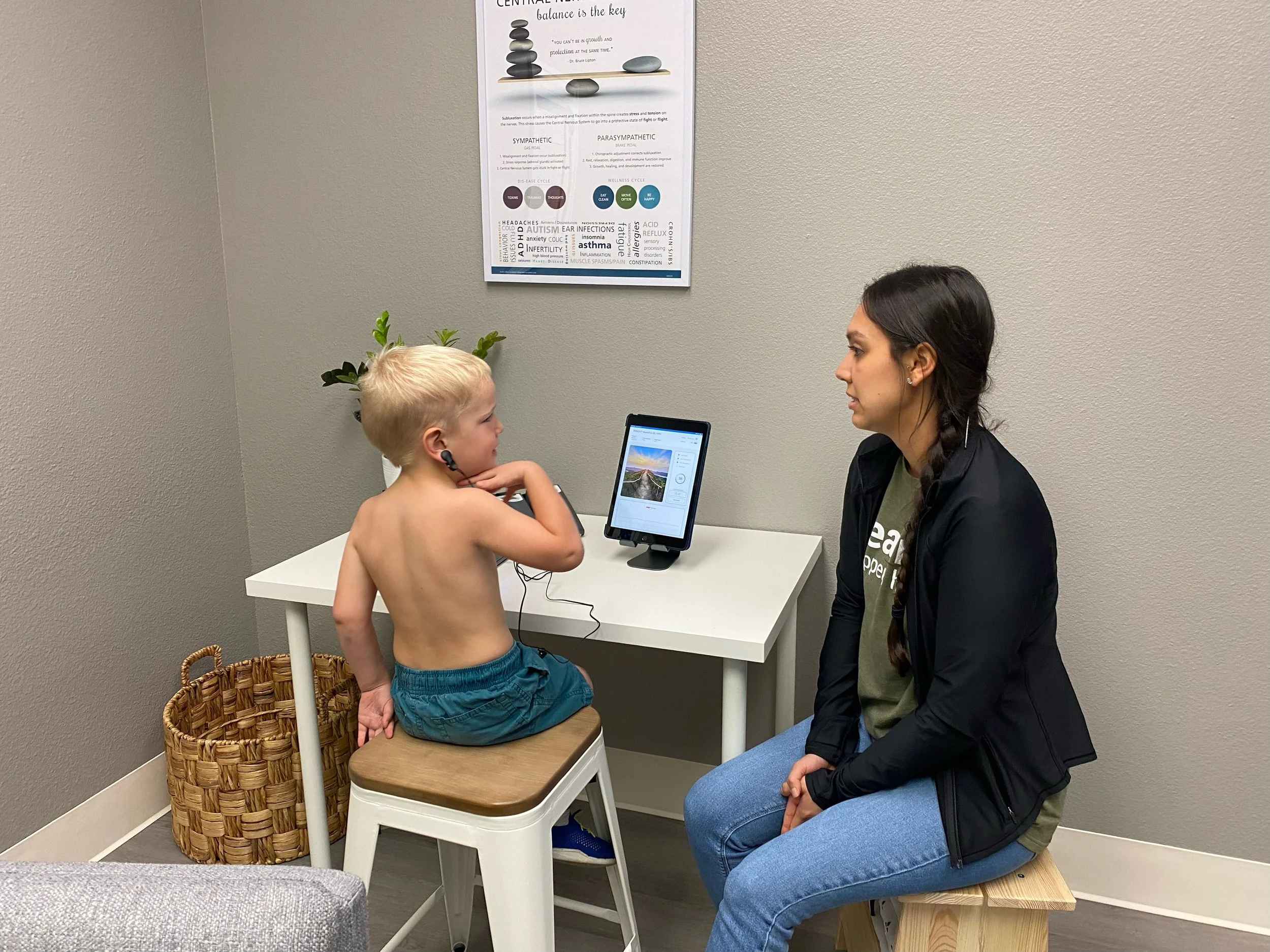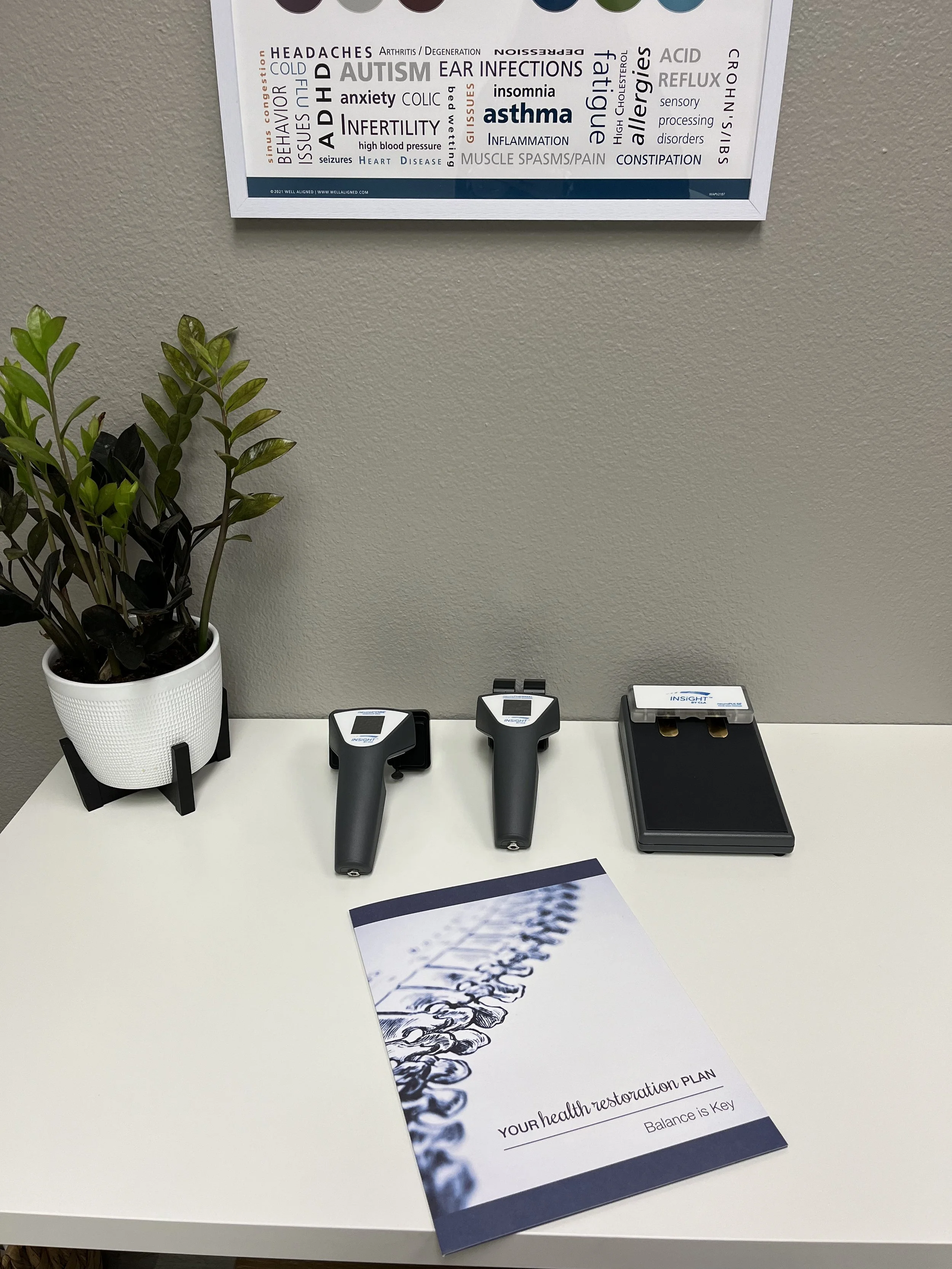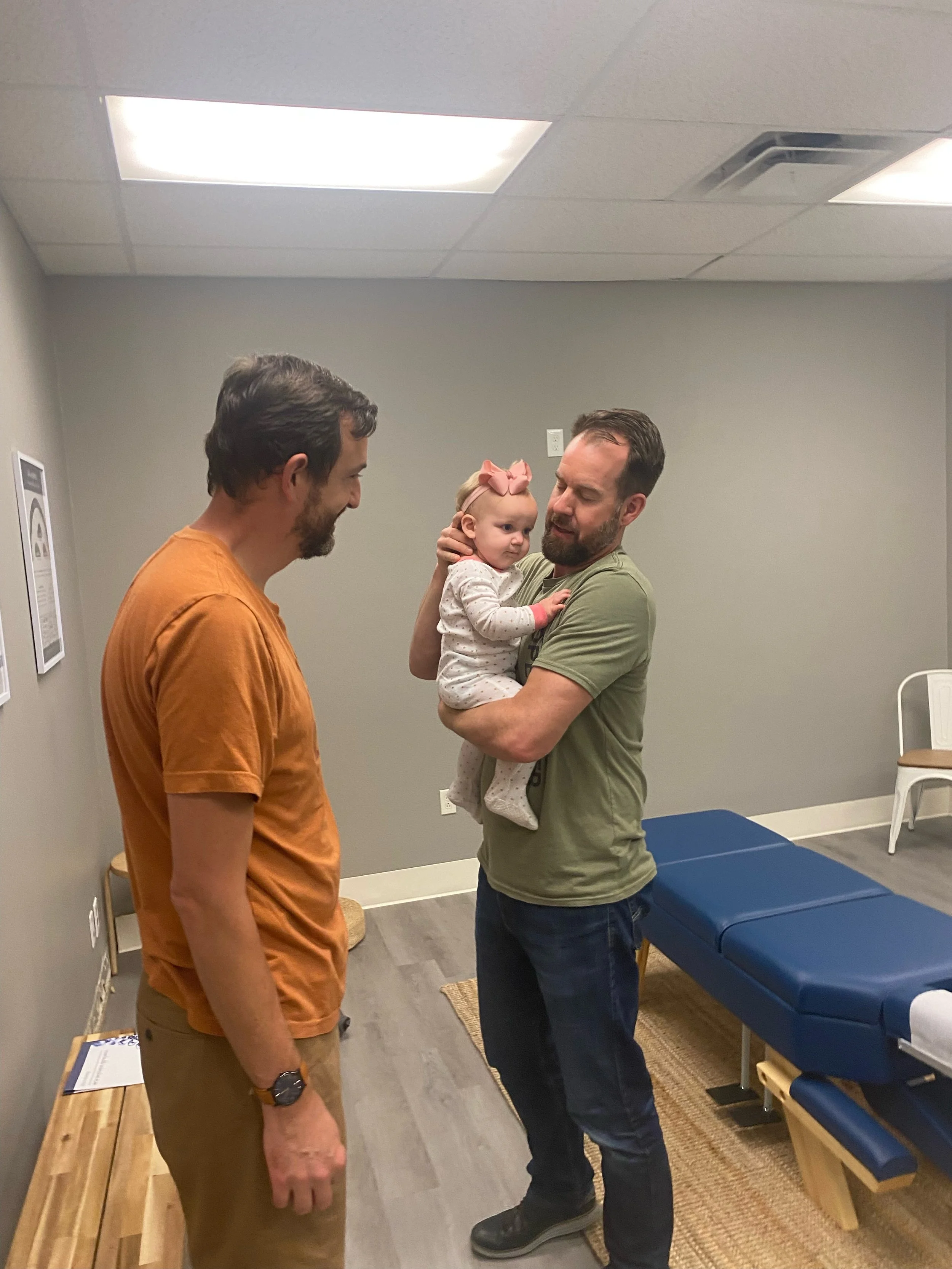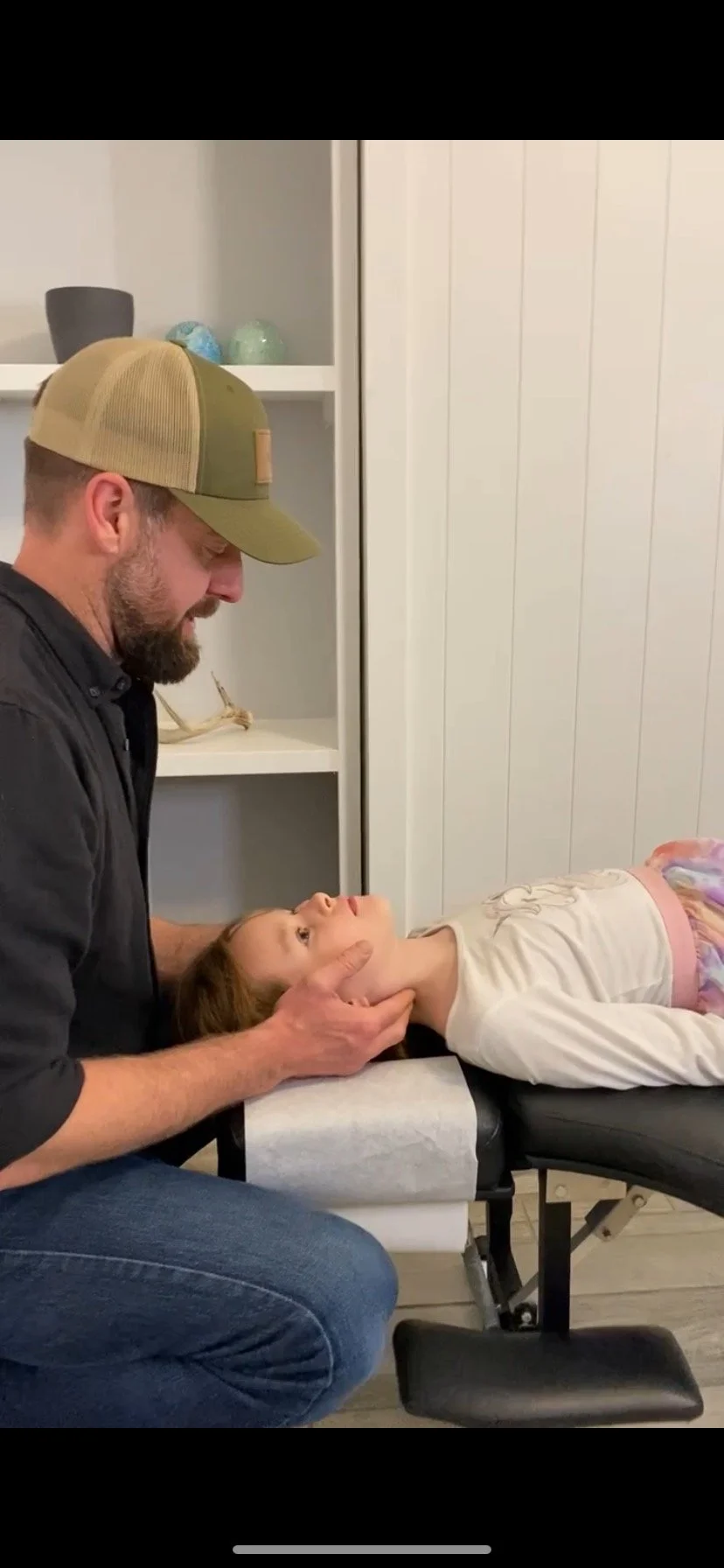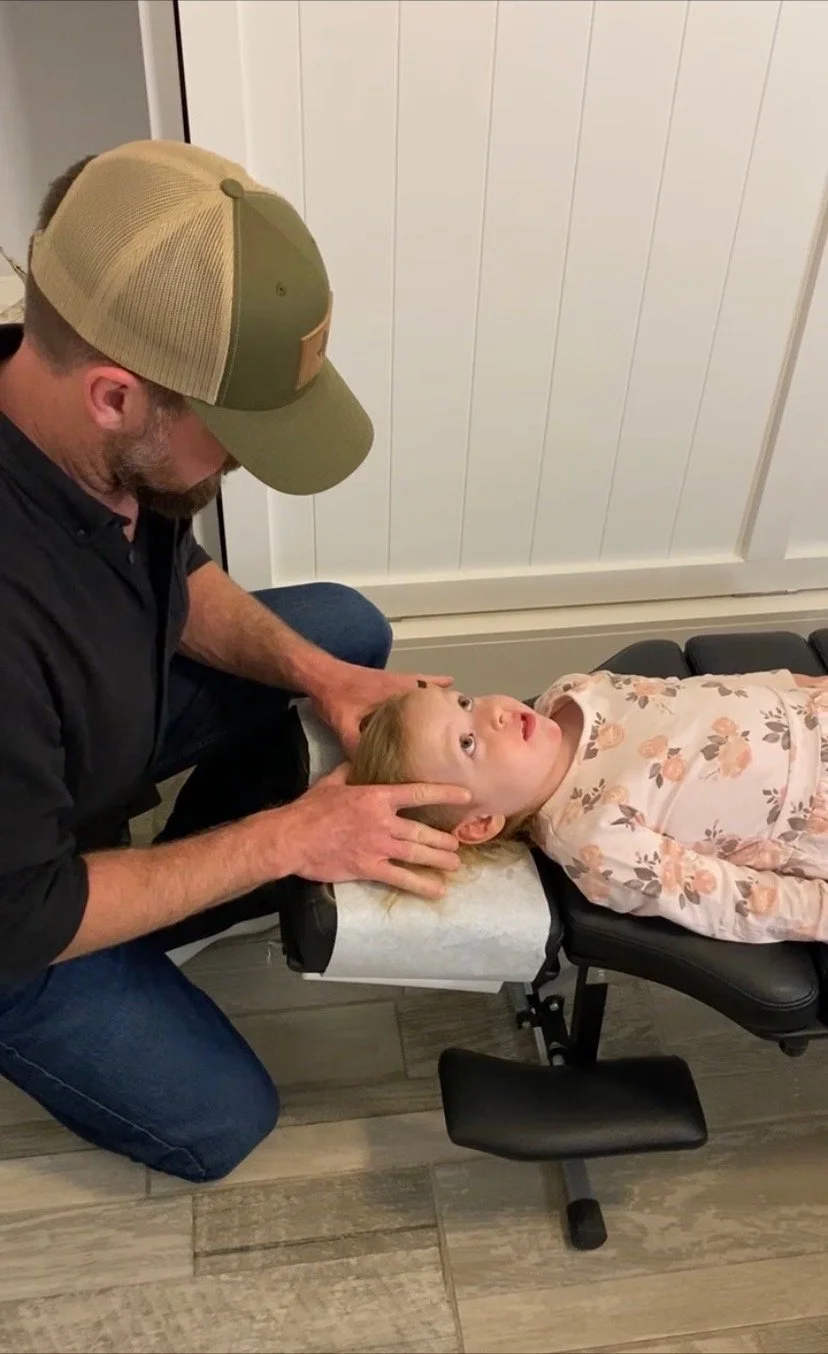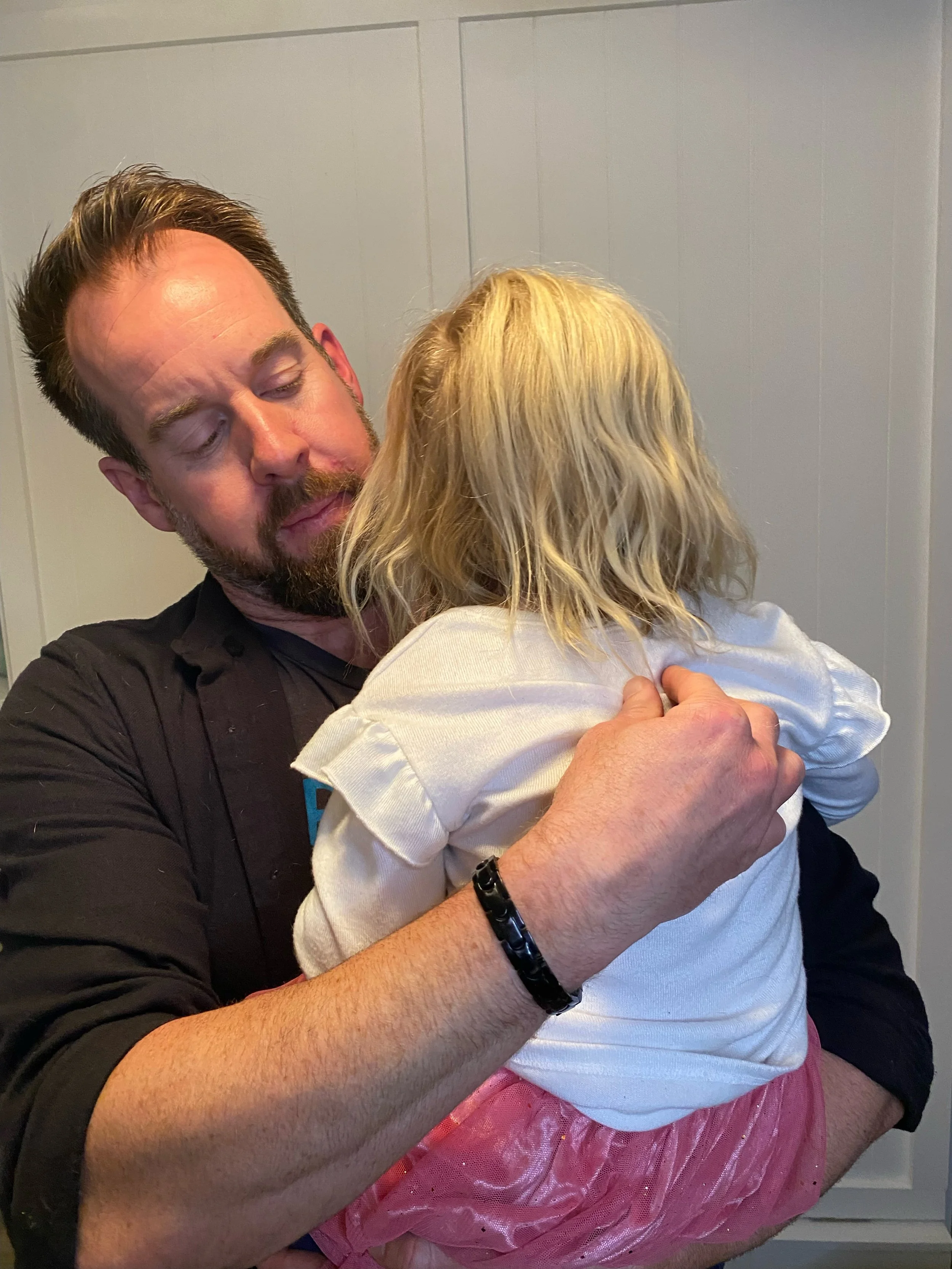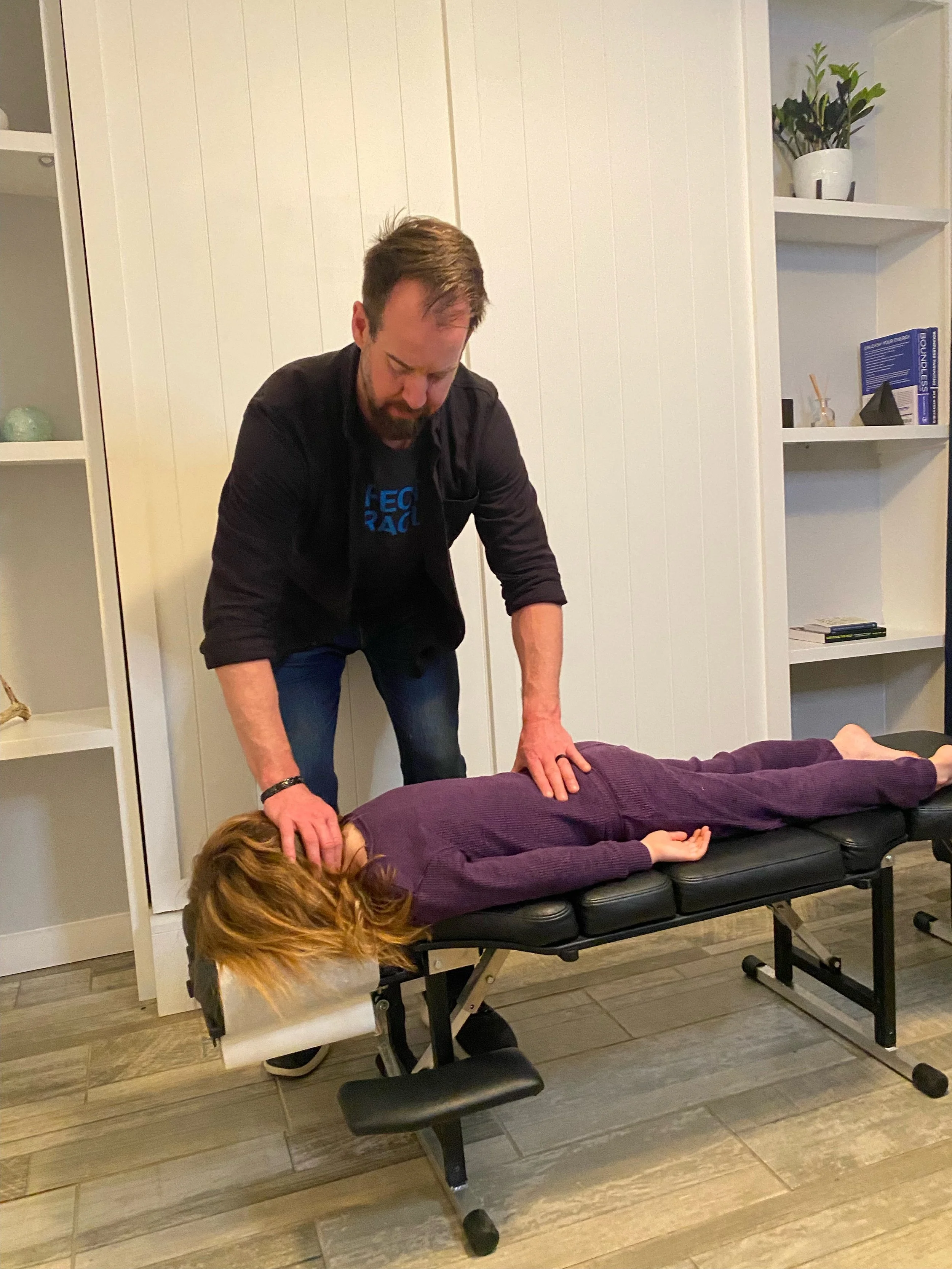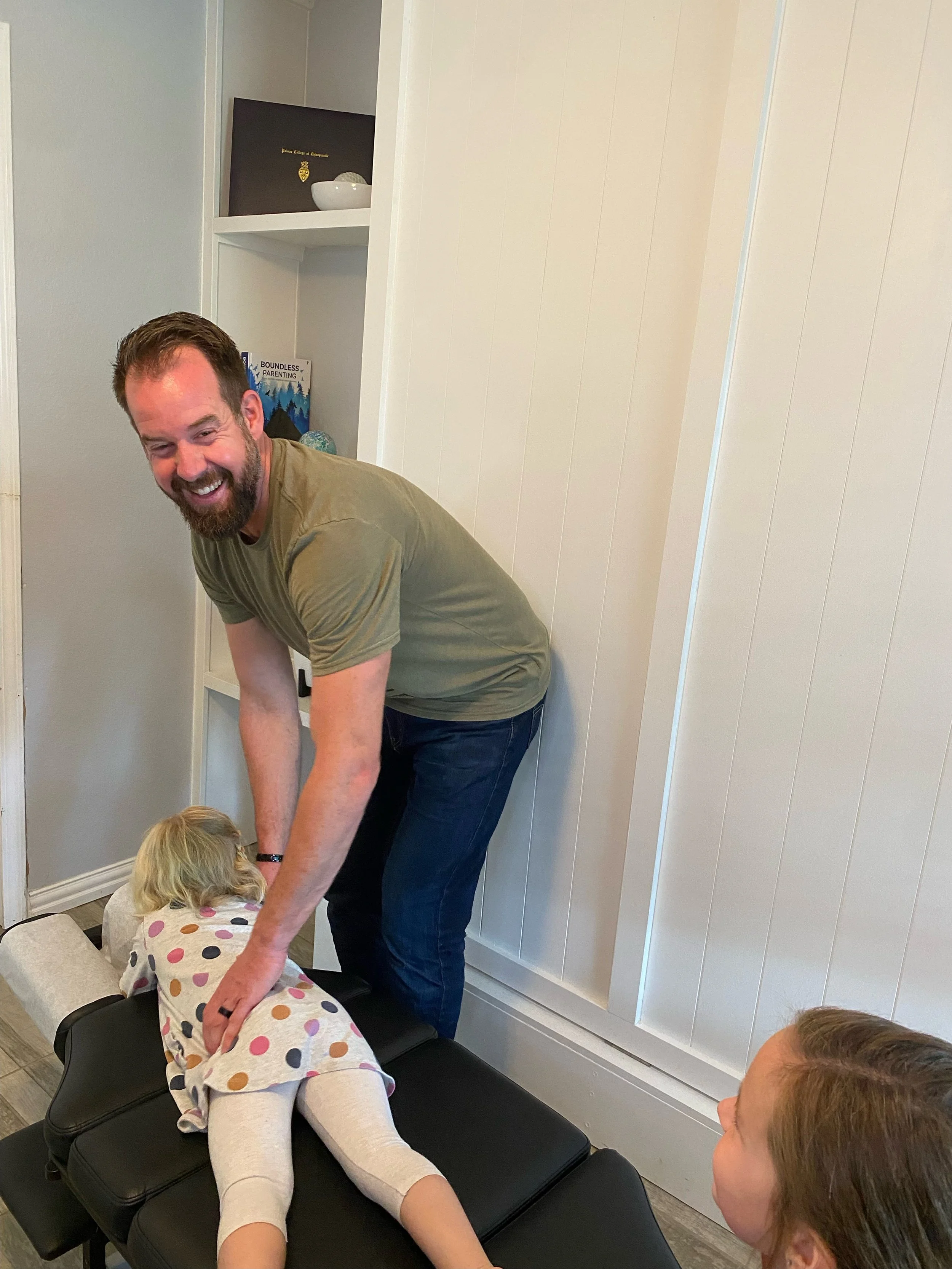Education Corner
As parents, we're constantly navigating the unknown, seeking answers and solutions for our children's well-being. One of the most daunting challenges many of us face is understanding autism and its causes. With autism rates skyrocketing, affecting 1 in 36 children today, it's important that we look into the factors contributing to this complex condition.
Trying to understand autism often begins with one burning question: Is autism genetic? Still today, many of us hold onto the assumption that genetics and heritability solely explain the sharp increases in autism diagnoses and the wide variation in symptoms across the spectrum. However, we're here today to contest that assumption and introduce an empowering new perspective.
If you're curious about how your emotional well-being impacts your baby's well-being and resilience, this is for you. Together, we'll dive into the science behind proactive measures for nurturing your baby's nervous system. We want to help mothers eager to nurture nervous system growth in their developing baby by moderating stress. You’ll learn about the direct impact of maternal distress and anxiety on babies in the womb, affecting their neurological development.
When we craft a Clinical, Science-based Care Plan for your child, every aspect revolves around nurturing neuroplasticity. It begins with our doctors taking the time to genuinely listen to your concerns, setting goals collaboratively, and leveraging cutting-edge technology to assess the state of your child’s nervous system.
As a parent, nothing can prepare you for the distress of seeing your baby cry inconsolably for hours on end. If your little one is crying for more than three hours a day and seems impossible to comfort, there is a good chance they are experiencing colic - a diagnosis that affects about 25% of infants, leaving many families feeling overwhelmed and helpless.
It’s important to understand that colic isn’t just regular fussiness or tummy troubles that babies outgrow. It’s not just gas pains, food sensitivities, or issues with tongue and lip ties. Instead, colic often stems from deeper neurological imbalances and disruptions in your baby’s nervous system signaling and digestion.
Research has shown that colic isn’t something babies grow out of and is a condition that requires attention and more understanding. It is in no way your fault as a parent, nor is it a reflection of something you’re doing wrong. Understanding colic as a neurological imbalance and dysfunction that disrupts aspects of an infant’s well-being, including sleep, digestion, and soothing mechanisms, can help you find the right care for your baby.
As you know, being a parent is quite a journey filled with joy and challenges. Unfortunately, the stress, burnout, and exhaustion we experience as parents are not exclusive to us. In today's fast-paced world, our teens and young adults are also wrestling with mental, emotional, and physical health issues. The demands of school, sports, social media, and various relationships can take a toll on our teens, making it crucial for you parents to actively engage in supporting them.
If your teen is struggling in any way and you’re not sure how to help them, this is the blog for you.
As parents and dedicated pediatric chiropractors at the Pediatric Chiropractic Center, we have witnessed the struggles that countless children face – battles against unresolved anxiety, poor sleep, low immunity, and inflammation, despite the tireless efforts of you parents striving to support your child’s health. This struggle leaks into their behavior, marked by frequent meltdowns and an inability to self-calm or regulate. These persistent challenges may be indicative of a constant activated stress response causing struggles for their delicate nervous systems.
As a parent, when you’re told your baby has something called torticollis, it can often leave you feeling helpless and unsure where to turn. As pediatric chiropractors specializing in infant care, we empathize with the challenges and uncertainties that come with a torticollis diagnosis. In this blog, we aim to empower parents with the knowledge and understanding they need to navigate this journey successfully.
Like so many other developmental challenges in kids, witnessing your child struggle with speech delay can be such a heartbreaking and frustrating experience. It not only affects their communication skills but also leads to social and emotional challenges as they find it difficult to express their needs and emotions.
Whether your child has been diagnosed with a speech delay or you suspect one, this blog aims to shed light on the science behind speech delays. Additionally, if your child is receiving speech therapy services but is still struggling or has plateaued with their results, we’ll get into how often traditional therapy is fantastic but not able to fully address the root cause. We’ll break down the neurology behind speech delays in kids and provide actionable steps to address the root cause.
In this blog, we want to dive in and explain to you the five fundamental elements that set us apart from traditional chiropractic offices. This knowledge will not only equip you with the insights needed to make informed decisions regarding your child’s health but also position you as a guiding force for friends and family seeking similar care.
In this blog, we will dive into the incredible power of addressing subluxation and stress on the nervous system, offering a game-changing health solution for you and your children. If you’ve tried everything it seems to get your family healthy, and it hasn’t clicked just yet, this is for you!
If you’re a parent who is deeply concerned about your child who is grappling with the challenges of uncontrollable motor tics, rest assured, you’re not alone. Watching your child struggle with these involuntary movements can be an emotionally draining and perplexing experience.
However, knowledge is power, and understanding the root causes of motor tics can be the first step towards empowering yourself as a parent to take proactive, drug-free measures that can make a profound difference in your child’s overall well-being.
In this blog, we’ll be diving into the fascinating world of the Sympathetic Nervous System (SNS), which activates the body’s “fight or flight” stress response and controls things like our adrenal glands, cortisol levels, inflammation, and so much more. If you feel like you or your child has a “gas pedal” and stress response that you can’t get turned off, this information is for you!
Parents, no matter what health challenges your child may face, whether it’s acute conditions like the common cold or chronic neurological conditions like anxiety, ADHD, or seizures - there is one crucial first step you must take: prioritize sleep. 😴
While traditional medicine relies primarily on symptoms and looks for obvious pathology on standard exams like blood work, MRIs, and EEGs.
While traditional medicine relies primarily on symptoms and looks for obvious pathology on standard exams like blood work, MRIs, and EEGs.
While traditional medicine relies primarily on symptoms and looks for obvious pathology on standard exams like blood work, MRIs, and EEGs.
While traditional medicine relies primarily on symptoms and looks for obvious pathology on standard exams like blood work, MRIs, and EEGs.
While traditional medicine relies primarily on symptoms and looks for obvious pathology on standard exams like blood work, MRIs, and EEGs.
While traditional medicine relies primarily on symptoms and looks for obvious pathology on standard exams like blood work, MRIs, and EEGs.

